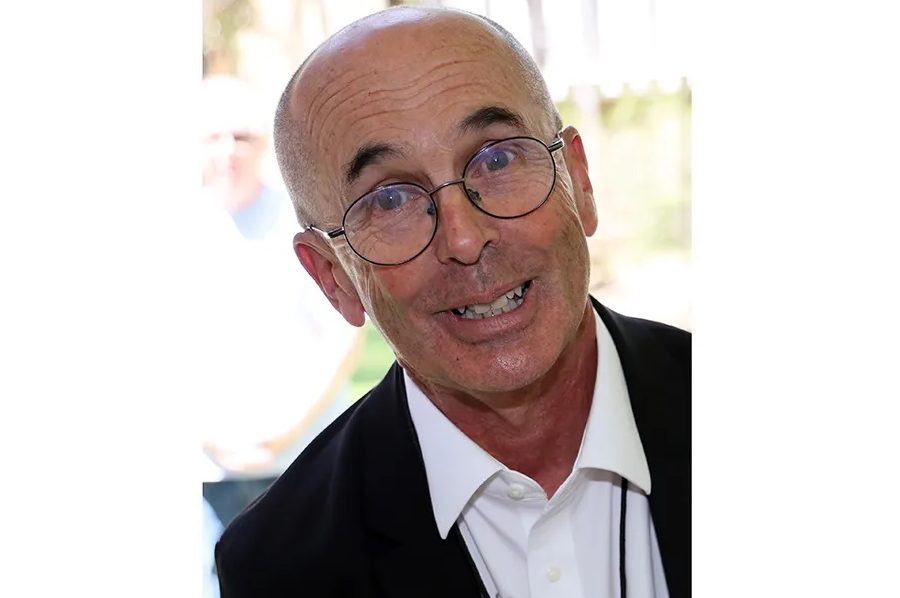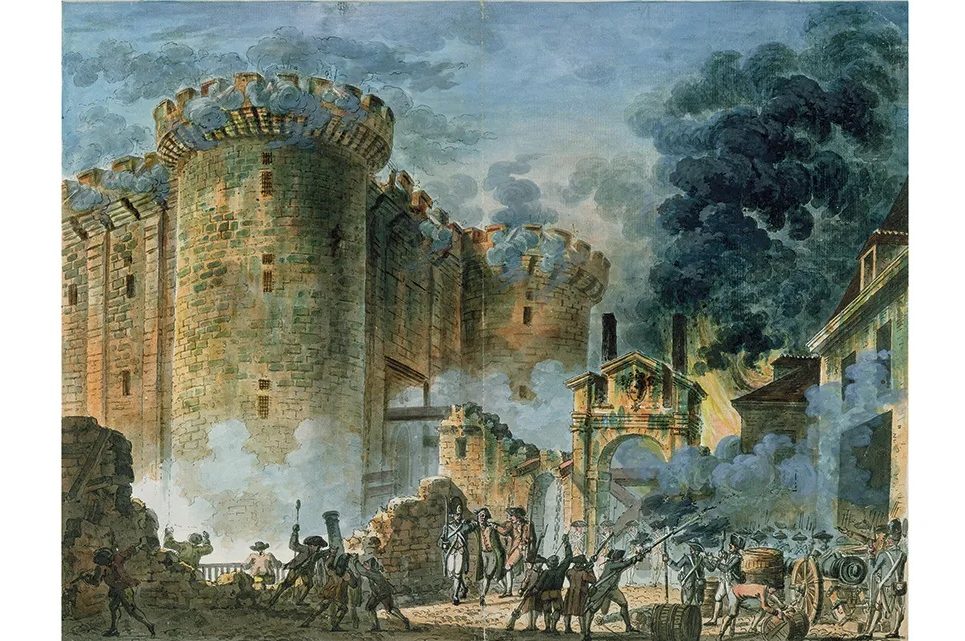So you’d like to borrow half-a-billion dollars? It’s a tribute to the epic ambitions of this novel that the reader swallows questions like this without blinking. In a sense that’s fair enough because City in Ruins is the third book of a trilogy loosely modeled on the great poems of the classical world, particularly the Iliad and the Aeneid.
Don Winslow is probably best known as the author of the widely praised Cartel trilogy, about the Drug Enforcement Agency’s “War of Drugs.” The Danny Ryan trilogy, by contrast, deals with the life and times of a Rhode Island longshoreman who evolves first into a gangster-with-a-heart and finally into a more or less legitimate businessman with a tendency to backslide. He’s a decent man who sometimes does bad things. Think The Godfather or The Sopranos and then multiply the profits by a factor of ten.
In the first book, City on Fire, Danny is sucked into a vicious turf war between Italian and Irish gangs in Providence, at the end of which he decamps to Los Angeles with a broken heart, his elderly father and a fortune in heroin. In City of Dreams, he invests in the movie business before it all ends in tears. And at the start of City in Ruins he’s a hugely successful hotelier in Las Vegas, who is planning to become even wealthier by buying a crumbling property on the Strip, pulling it down and building the swankiest hotel ever seen in its place. Hence the need for half-a-billion dollars.
The trouble is, his plan involves treading on the toes of another businessman who already has a deal in place to buy the site. A feud develops, the flames expertly fanned from afar by an FBI sub-director who has a personal beef against Danny, with the enthusiastic assistance of a sadistic capo from Detroit and a hot-headed member of Danny’s old crew from Providence. And this time Danny has a hostage to fortune in the shape of his motherless ten-year-old son.
Meanwhile, in a loosely connected subplot set on Rhode Island, the Italians are feuding again. One leader has been murdered in his bath by a rival, who has taken over both his business and his wife. The dead man’s son, a stoned ex-marine, has killed both his adulterous mother and the murderer. He’s now on trial, and a guilty verdict seems inevitable. In yet another subplot, a Florida-based éminence grise of organized crime has other plans, including one to end the feud.
Confused? So was I. Incredulous? Me too. But after the first few chapters I settled down and enjoyed the ride all the way to the delightfully cheesy ending. Winslow knows exactly what he’s doing. He’s a skillful storyteller and also, in the laconic American style that derives from noir crime fiction, an unobtrusively excellent writer. His narrative sweeps you along, reducing you to a twig in a torrent.
The cast is crowded and the characterization isn’t exactly subtle — any more than Homer’s or Virgil’s was. But there’s a substantial moral undertow to the story, the conflict between good and bad in the lives of messy, confused people on both sides of the law. Another theme is America’s conflicted relationship with money.
Ideally you should read the trilogy in order. But City in Ruins stands by itself. Winslow has announced that this will be his last novel. I wish he’d change his mind.
This article was originally published in The Spectator’s UK magazine. Subscribe to the World edition here.






















Leave a Reply